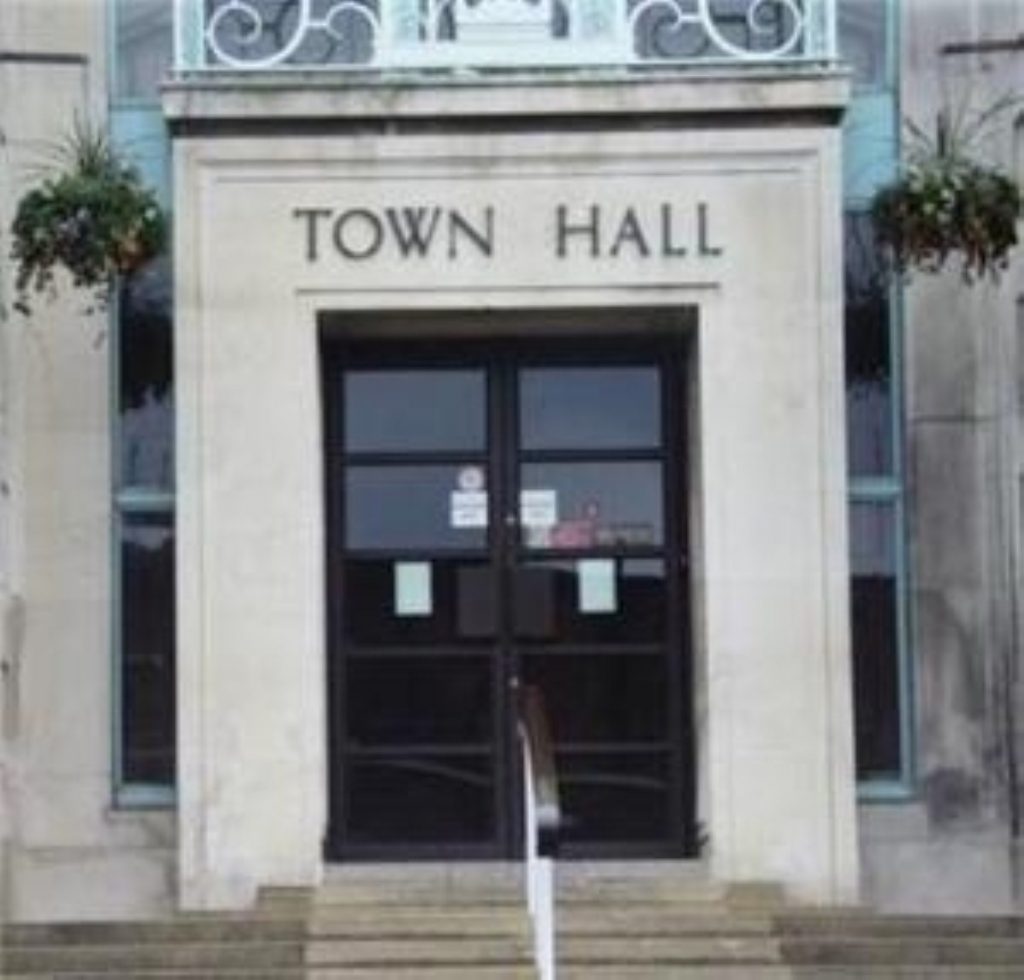Lyons review: Make council tax fairer
Council tax is not ‘broken’ but does need to be made fairer, a government-commissioned review concluded today.
As part of this reform, the government should consider re-valuing properties to make the rich pay more and the poor less, Sir Michael Lyons concluded as he published his three-year long study into local government finances.
It recommends properties are re-valued, with additional bands created to capture the cheapest and most expensive properties. Those living in the cheapest properties would benefit from a cut in council tax, while a top band is proposed for the most expensive properties.
As an immediate measure to improve fairness, Sir Michael recommends households entitled to council tax benefit should receive it automatically to help the £1.8 billion in unclaimed benefits reach the poorest families.


Council tax suffers from a perception of unfairness, the review notes, particularly in respect to the elderly. To counter this, the savings limit for pensioners should be increased to £50,000 before they lose allowances.
Introducing the review, Sir Michael said: “This package of reforms is designed to set out a developmental approach towards a more devolved and ambitious future for local government, based on improving relationships between central and local government, better local choices, more effective management of pressures, and greater public trust in the system as a whole.”
In the longer term, major reforms including a local income tax are not out of the question, the review recommends, but rules this is a matter for the government to decide and will require more public support and understanding.
Immediate reforms should improve the relationship between local and central government, Sir Michael recommends. Local authorities should be granted greater flexibility, with less reliance on specific and ring fenced grants.
Launching the review, Sir Michael said there may be a case for an independent commission to look at the adequacy of central government funding compared to the demands placed on it.
The system should be made more transparent to highlight the contribution from national taxation, the review concludes. Local authorities should also be given more incentives to create economic prosperity and growth.
Council tax re-banding can wait for a while, the report concedes, but the government will need to update the base rate to improve fairness. Adding two new bands should not increas average council tax bills, Sir Michael argues.
Medium term reforms could also include granting local authorities the power to levy a tourist tax, improving the incentives within the grant system and allocating a fixed proportion of national tax to local government.
“Some of these changes can start immediately, building on current changes to the performance framework and Local Area Agreements; others can be taken forward in the Comprehensive Spending Review; whilst some require primary legislation,” notes Sir Michael.
Communities secretary Ruth Kelly has already said the government will not launch any revaluation scheme before the next general election.
The idea of a top band for the 80,000 properties worth more than £1 million is a “non-runner” for the current parliament, Ms Kelly said this weekend.
The Lyons review was commissioned by the chancellor Gordon Brown and deputy prime minister John Prescott in 2004.









